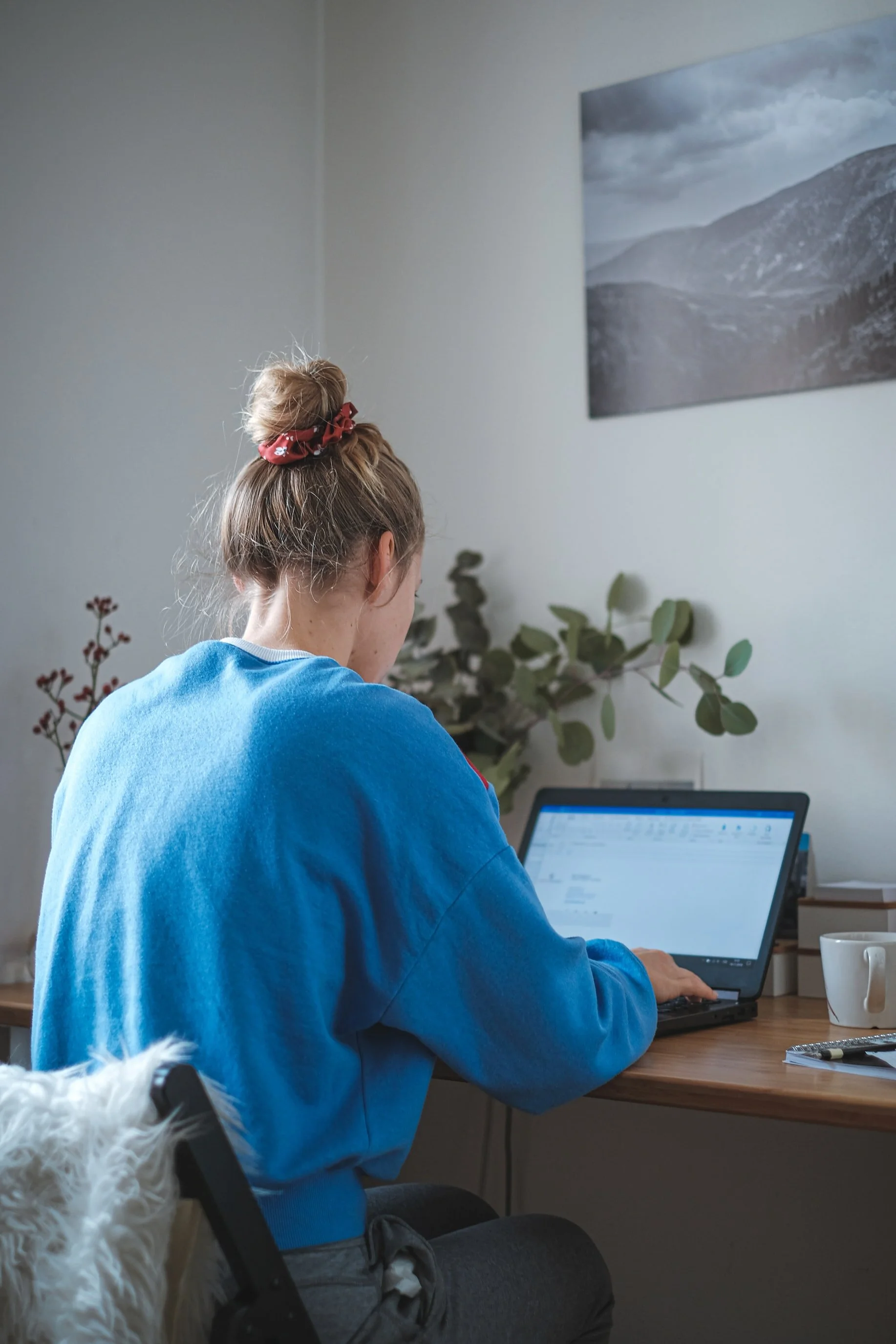We Need To Talk About Premature Menopause
Menopause is a really hard time for women. Of course, not every woman experiences menopause in the same way. Some will sail through it quite easily, for some other it will be a struggle. One thing is certain; menopause is not an easy time, and the women coming out on the other side will be different. Can you imagine facing whatever menopause brings with it in young age? Because it happens, and its effects are very real.
First of all, there’s Premature Ovarian Insufficiency – or POI – that happens when women’s ovaries stop working before the age of 40. It is normal to experience reduced fertility and irregular periods around 40 years old; if a woman starts experiencing those symptoms before the age of 40, it’s known as premature menopause, which can even happen in the teenage years.
POI is different from premature menopause. With premature menopause, your periods stop before age 40. At this point, you can no longer get pregnant. The cause can be natural, or it can be as a result of disease, surgery, chemotherapy, or radiation. With POI instead, some women can still have occasional periods. They may even get pregnant. In most cases of POI, the underlying cause is unknown.
Plenty of research shows that POI is usually related to problems with the follicles. Follicles are defined as small ‘sacs’ in your ovaries, and your eggs grow and mature inside them. One type of follicle-related problem is that you run out of working follicles earlier than normal. Another problem is that the follicles aren’t working as they should. In most cases though, the cause underlying the follicle problem remains unknown. Sometimes, however, the cause could be any of the following: genetic disorders such as Fragile X syndrome, or Turner syndrome; a very low number of follicles; autoimmune diseases, including thyroiditis; chemotherapy or radiation therapy; some metabolic disorders; and toxins exposure, such as cigarette smoke, chemicals and pesticides.
The first sign of POI is usually irregular or missed periods. Later symptoms are referred to be similar to those of natural menopause, for example, hot flushes, irritability, night sweats, difficult concentration, decreased sex drive, and vaginal dryness. Some woman wait years to visit a specialist, but usually, for most women with POI, trouble getting pregnant or infertility is the main reason they go to their healthcare provider. Since POI causes a decrease in certain hormones level, you become at greater risk for other health conditions, including dry eye syndrome and surface disease, anxiety and depression, infertility, heart disease, low thyroid function, and osteoporosis.
After visiting your health care provider or gynaecologist, they may diagnose your POI by looking at a medical history, a pregnancy test, a physical exam, blood tests, or a pelvic ultrasound. Currently, there’s no proven treatment that is able to restore normal function to a woman’s ovaries. But it is possible to treat some of the symptoms of POI. There are also ways to lower your health risks and treat the conditions that POI can cause. Hormone Replacement Therapy (HRT) seems to be the most common treatment – it gives your body the oestrogen and other hormones that your ovaries are not making any longer. HRT improves sexual health and decreases the risks of heart disease and osteoporosis, and you usually carry on taking it until about age 50; that’s about the age when natural menopause usually begins. Calcium and vitamin D supplements are a big help too; women with POI are at higher risk of osteoporosis, so you should increase your daily amount of calcium and vitamin D. Additionally, if you have POI and you wish to become pregnant, IVF could be something you can consider.
If you are going through premature menopause, you might be feeling quite isolated right now. Although you may be a part of an online community of menopausal women, but if you don’t find yourself being represented, the feeling of isolation can feel more acute. True, age is just a number, but it’s a number that (to some degree) can signify a point in your life, how many experiences you’ve been through, what your goals are and what your fears are. Because premature menopause hits women at a younger age, their experiences are going to be very different from the majority of menopausal women. But remember: The feeling of isolation is often caused by a lack of information.
For example, a woman going through premature menopause might be in her thirties (or even younger in some instances). She might still be going to first weddings, her friends might only just be having children and she might still have years and years to climb up the career ladder. This set of circumstances creates very different anxieties and problems when compared to that of the average menopausal women. Again, it makes it even more isolating. Because younger women might not be comfortable talking about it, there’s naturally less awareness of it, on both micro and macro levels.
Secondly, the stigma that women experiencing an early menopause face is generally harder to deal with than that faced by an older menopausal women (which is already hard enough). It’s understandably hard for women to feel comfortable openly discussing their menopause, which they might come to see as abnormal, unfair, or embarrassing. If it’s already difficult for the average menopausal woman to talk about the menopause, at the age that she’s expected to have it, it stands to reason that it will be more difficult for younger women to open up about menopause when no one expects them to be experiencing it, representing a negative feedback cycle. It’s easier to encourage an older menopausal woman to break the silence by saying, ‘This is normal for your age, everyone is going through it, there’s nothing to worry about!’ But of course, it’s a very different story for younger women – that’s why it’s so pivotal for society to recognise, understand, and be empathetic about premature menopause and not leave those women feeling alone in their experiences.
There are a few essential things to remember. Firstly, it’s a two-way street. As a website that aims at breaking the stigma against the menopause (megsmenopause.com), we are aiming to bring premature menopause to light. Likewise, we hope that if you’re a premature menopausal woman, you would be willing to share your story. Start here, start within the menopause community (on and offline), and together, we can work our way outwards. You aren’t on your own, even if it sometimes feels that way. There are resources and communities out there dedicated to supporting and informing premature menopausal women including our friends at The Daisy Network. Just like all other topics that are slowly but surely becoming destigmatised, it takes discussion and openness, even when it brings discomfort. Wherever your body’s at, there’s nothing to be ashamed of.








